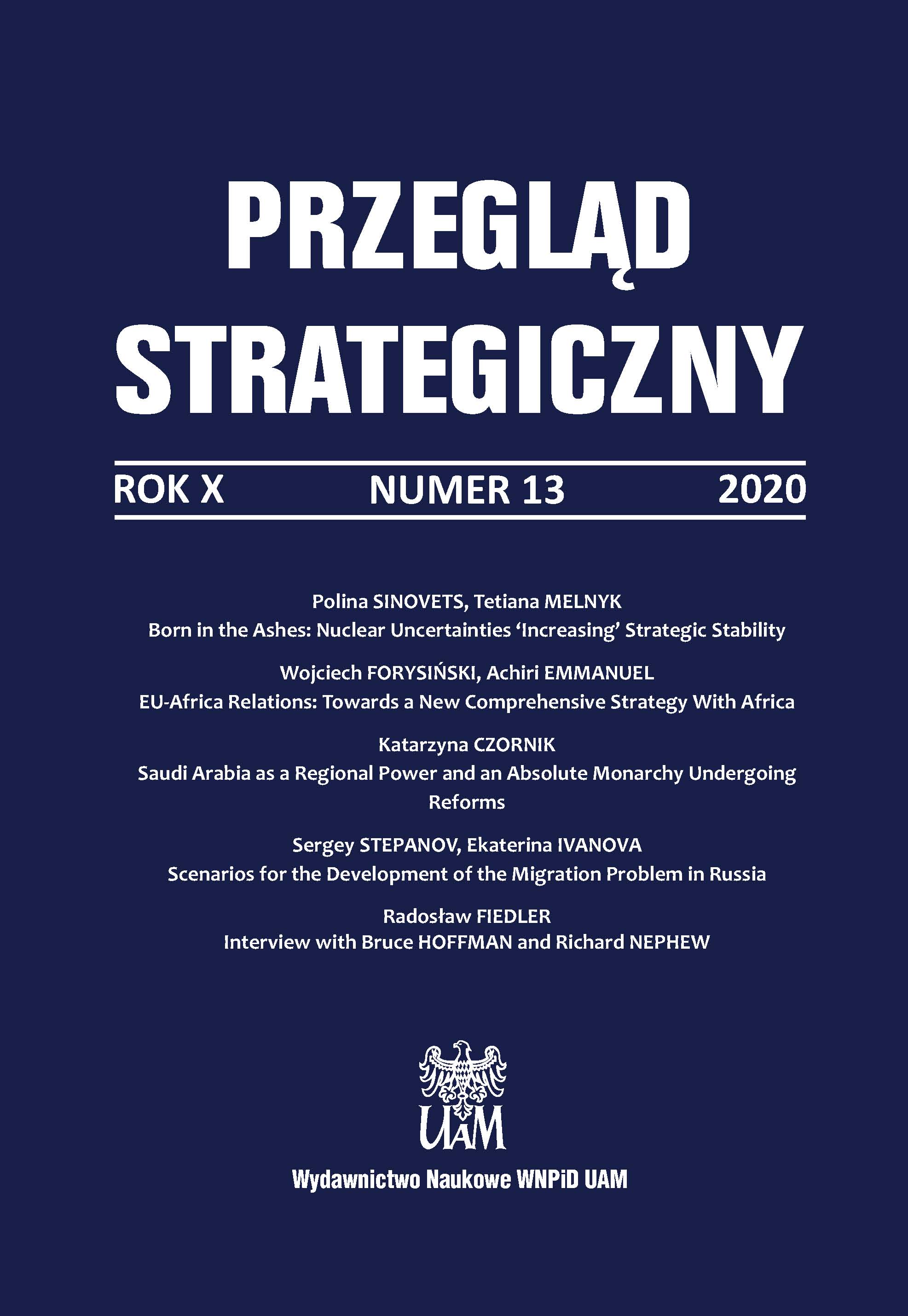Securitization of Memory: a Theoretical Framework to Study the Latvian Case
Securitization of Memory: a Theoretical Framework to Study the Latvian Case
Author(s): Sergii Pakhomenko, Olga SarajevaSubject(s): Politics
Published by: Uniwersytet Adama Mickiewicza
Keywords: security; securitization; identity; historical memory; politics of memory; Latvia; narrative; memory regime; security dilemma
Summary/Abstract: The article suggests and argues a theoretical framework for studying a particular case of memory securitization. It is based on the constructivist perception of security that is systematically framed in the studies of representatives of the Copenhagen School, who consider security as a socially constructed phenomenon and define identity protection to be one of its primary goals.Pursuant to this approach, the article presents a correlation between memory and security in at least three aspects. In the first instance, similar to security, collective memory is socially determined. In the second instance, collective memory lies at the core of various forms of identity, including national identity. In the third instance, collective memory is not only an object of protection but also a resource, which is used by securitization actors for threat identification, enemy image modeling as well as for defining the means of protection.The Latvian case is applied for setting the theoretical framework of the memory securitization model. In future, it might be used to study specific juridical and political mechanisms of memory securitization in the countries of Central and Eastern Europe.The authors perceive the securitization of memory as a diverse complex of measures aimed at establishing and setting a certain historical narrative, as well as convincing society to be actively loyal to it. Accordingly, the policy of memory is defined as a mechanism for putting securitization in practice. The initial conditions for understanding this process in Latvia are the post-communist transition, ethnocultural divisions of the society, and the external factor represented by Russia, that promotes its historical narratives.In one respect, R. Brubaker’s concept of the “nationalized” state is taken as a theoretical model of the politics of memory in Latvia. According to this concept, the official narrative of post-communist countries has been set as a nation-oriented one. On the other hand, the concept of the memory regime developed by M. Bernhard and J. Kubik is also considered. As per their theory, the memory regime in Latvia can be described as being divided into the official and alternative narrative of counter-memory, which is based on the Soviet legacy.
Journal: Przegląd Strategiczny
- Issue Year: X/2020
- Issue No: 13
- Page Range: 395-410
- Page Count: 16
- Language: English

